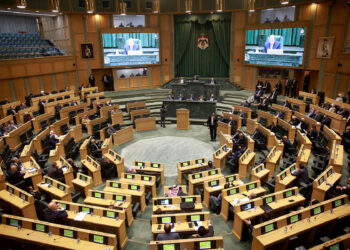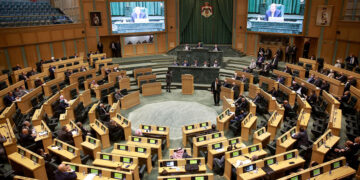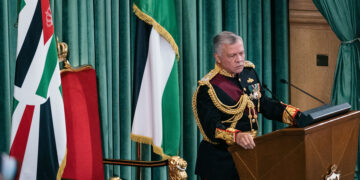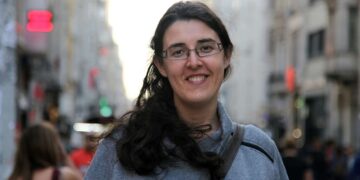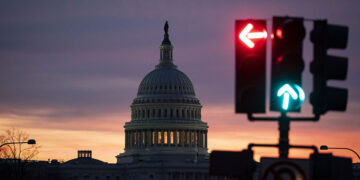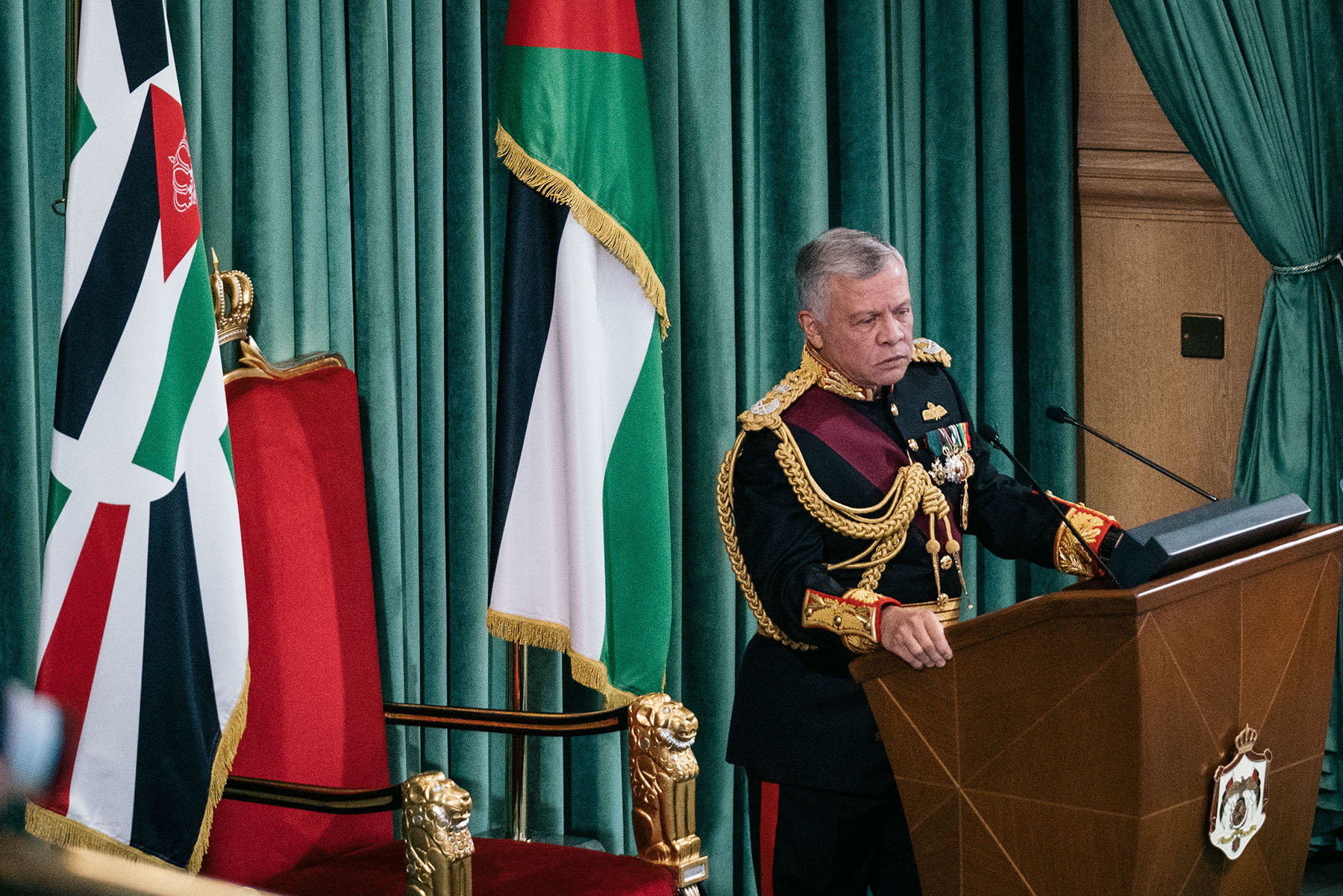Security forces practice torture and other forms of ill-treatment with impunity
A constitutional monarchy on paper, the Hashemite Kingdom of Jordan is a hereditary dictatorship ruled by King Abdullah II bin Hussein. Jordan's constitution grants the king ultimate executive and legislative authority.
Its bicameral parliament comprises an elected 130-member House of Representatives and a 65-member Senate appointed by the King. In early 2022, lawmakers amended the constitution and the electoral and political party laws, including vague provisions that authorities can use to constrain political activism. Jordan's Public Security Directorate (PSD) and the General Intelligence Directorate (GID) are responsible for human rights abuses against activists in Jordan and abroad. The General Intelligence Directorate reports directly to the king. In April 2022, the King forced his half-brother, Crown Prince Hamzah, to relinquish his Royal title and has detained him incommunicado since May 19, 2022.
The Jordanian government continues to curtail freedoms of expression, association, and assembly, including through a new cybercrime law that the King approved in 2023. The law criminalizes, among other things, activities that law enforcement officials deem offensive, thereby silencing criticism and undermining accountability. In August 2023, the Amman Court of First Instance sentenced human rights defender and journalist Ahmed Hassan al-Zoubi to one year in prison under the 2015 version of the cybercrime law for criticizing the authorities' handling of a truck drivers' strike in 2022. The authorities carried out mass preemptive arrests, including on December 5, 2022, of Hirak activists, a loose association of pro-democracy activists, for planning to issue a public response to King Abdullah's annual speech at the parliament. They arrested Hirak's head of the Executive Office, the 87-year-old Sufian Al-Tal, and two other members minutes before the planned release of their statement, which was not announced publicly, suggesting that the authorities were using unlawful surveillance to spy on the Hirak activists. Forensic investigations had revealed that the Jordanian authorities used Pegasus software to hack into at least four Jordanian human rights defenders' phones between 2019 and 2022.
As of 2022, Jordanian authorities are holding at least 200 political prisoners, as estimated by the U.S. Department of State. The government charged them with offenses that were vague or not criminalized under international law, such as "insulting the King" or writing online posts against him, "undermining the regime," and "harming relations with a foreign country." In March 2022, the authorities arrested at least six journalists, including Taghreed Risheq and Daoud Kuttab, for their writing. While it released Risheq and Kuttab soon after their arrest, it charged three others with "spreading fake news" about their coverage of the Pandora Papers, which included leaked documents exposing the offshore companies and secret bank accounts of Jordanian politicians, including King Abdullah. In 2022, The Jordanian authorities retaliated against the country's only quasi-governmental human rights organization, the National Council of Human Rights (NCHR), by charging its General Commissioner and three staff members with abuse of power, embezzlement, negligence, and waste of public funds. The charges came after NCHR rebuked in February 2022 the Jordanian government's abuse of pretrial detentions and demanded the release of 12 people, and in May when its Commissioner publicly criticized the government's preemptive arrests of more than 150 activists, most of them teachers, to prevent a peaceful teacher's protest.
The authorities expanded their repression transnationally, targeting Jordanian activists in the U.S., Canada, Sweden, Turkey, and elsewhere. The GID and PSD bribed, harassed, and intimidated activists in these countries to force them to cease their activities and silence them. In their transnational campaign of repression, security forces did not spare family members of activists in Jordan.
The government uses the Labor Law of 1996 and the Associations Law of 2008 to limit the ability to freely form trade unions and nongovernmental groups, respectively. The government continues to use the Associations Law to restrict the activities of NGOs and their ability to receive foreign funding. The country's Public Gatherings Law allows peaceful assembly without prior government approval, but the Interior Ministry and the GID continue to request organizers of gatherings to obtain permission.
Security forces practice torture and other forms of ill-treatment with impunity. In February 2023, the authorities forcibly disappeared and tortured in Amman a visiting Swedish citizen of Palestinian origin, because they suspected he was collaborating with a Jordanian dissident activist in Sweden. In September 2022, the prison authorities in Amman informed the family of Zaid Sudqi Ali Dabash of his death while in detention. The family discovered that Dabash's body was covered with signs of torture, including bruises on his arms, legs, back, stomach, and ears, while the coroner's office failed to provide the family with a forensic report.
Women and girls continue to be subjected to discrimination and gender-based violence. An abusive male "guardianship" system forces adult women to obtain the permission of a male guardian to marry or travel abroad with their children and authorizes their arrest if they flee their homes, even when escaping domestic or sexual violence. The authorities routinely failed to adequately investigate gender-based violence or protect women and girls from it. Jordan's divorce, child custody and inheritance laws based on religious court interpretations discriminate against and harm women and their children. In addition, the government prohibits Jordanian women married to non-Jordanian men from passing on their citizenship to their children.
More than 760,00 refugees are registered in Jordan with the United Nations High Commissioner for Refugees, most of whom are from Syria. They have limited access to essential services such as water, sanitation, education, and healthcare due to limited resources and international funding. Only a quarter of secondary-school-age Syrian refugee children in Jordan are enrolled in school, and those 12 years and older face severe barriers to education, including child labor and child marriage, and lack of affordable transportation. The Jordanian government limits the free movement of registered Syrian refugees and asylum seekers in Jordan and requires residents of refugee camps to apply for permission to depart the camp for family visits or work. Since 2019, the government limits any foreign national arriving in Jordan on a medical, tourism, study, or work visa from registering for international protection.
Jordanian authorities fail to adequately protect migrant workers from a host of abuses and poor working conditions, including withholding of salaries and below minimum-wage pays, excessive working hours, lack of occupational and safety standards, restrictions on freedom of movement, retaliation for participating in strikes, and physical, verbal, and sexual abuse. The kafala, or sponsorship, system defines the relationship between foreign workers and their Jordanian sponsor, or kafeel, which is typically the employer. Jordan's government restricts the employment of around 1.5 million migrant workers to limited sectors, such as construction, agriculture, textiles, and domestic work, where victims of human trafficking from South and Southeast Asia and Africa are employed as undocumented migrant workers.
LGBTQI+ persons continue to suffer abuse at the hands of family members and the authorities, who suspend their free movement or travel abroad based on informal "warrants" requested by parents. While no Jordanian law explicitly criminalizes same-sex relations, laws also do not prohibit discrimination based on sexual orientation and gender identity. The government forcibly returns LGBTQI+ persons to family custody, even if family members threaten to use violence against them. They also fail to investigate, prosecute, and punish state and non-state actors committing violence and abuse against LGBTQI+ persons. Jordan's government blocks websites and bans films and books containing LGBTQI+ content.
Jordan is the second largest recipient of U.S. aid, receiving $1.45 billion annually, pursuant to a Memorandum of Understanding announced by the State Department extending $1.45 billion annually to the Kingdom for the fiscal years 2023-2029. This includes $425 million in military assistance, at least $845 million in budget support, and $475 million in "direct cash transfer to the budget," effectively buttressing the monarchical dictatorship's acts without legal or constitutional constraints.



























